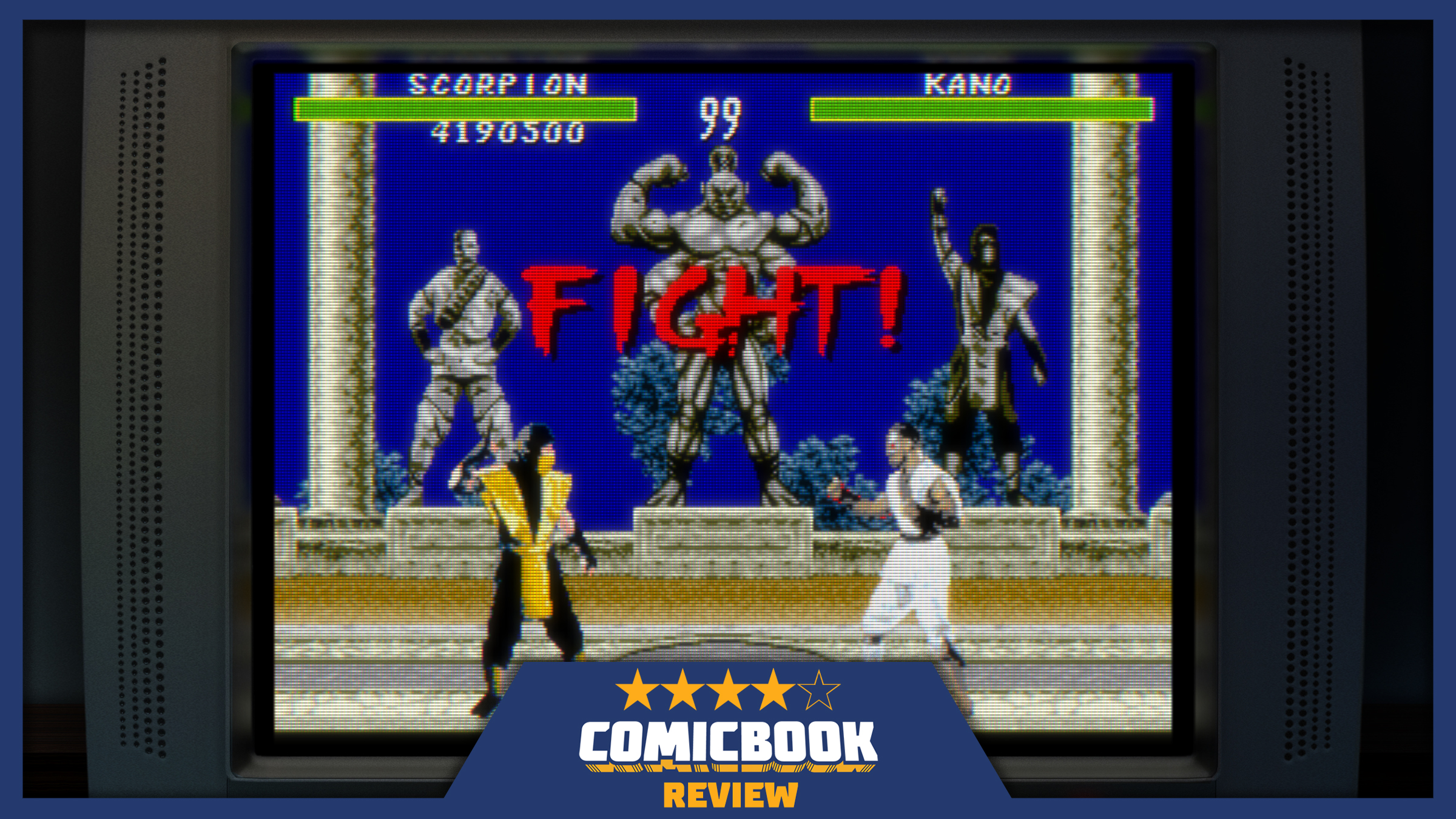
While Warner Bros. rescued Mortal Kombat from a struggling Midway, they haven’t shown much respect for the series’ history since then. They’ve cancelled several planned remakes, removed older games from sale, and generally seemed uninterested in preserving Mortal Kombat‘s legacy, letting it fade away. Thankfully, the team at Digital Eclipse has stepped in to give the series the detailed, collector’s edition treatment it deserves with Mortal Kombat: Legacy Kollection. Despite some of the games showing their age and a reluctance to include the very worst titles, this collection finally offers the care and attention these classic games deserve.
These stories aren’t necessarily groundbreaking; many of the documentaries feature tales already shared in other places. Over the years, countless interviews have covered familiar topics, like the humble beginnings of the phrase “Toasty!,” the spontaneous creation of Scorpion’s “Get Over Here!,” and the initial pitch for the first game being a project based on Jean-Claude Van Damme. At this point, series co-creator Ed Boon likely knows these stories – and has told them countless times – just as well as he remembers the original Scorpion Fatality input.
Rating: 4/5
| Pros | Cons |
|---|---|
| Well-produced documentaries contextualize the series’ importance with the grace it deserves | Most of the games are cheap and constantly read the player’s inputs |
| Its timeline is relatively detailed and easy to follow | Some of the later titles aren’t discussed as thoroughly or aren’t talked about critically |
| Having access to so many versions and ports is historically important and makes this collection feel complete | Online play has many audio glitches and lacks crossplay, rooms, and invites |
| The invaluable quality-of-life features make each game a little easier to play and lift the veil on the many hard-to-trigger secrets |
Mortal Kombat: Legacy Kollection‘s Stories Aren’t All New, But They Provide Vital Context
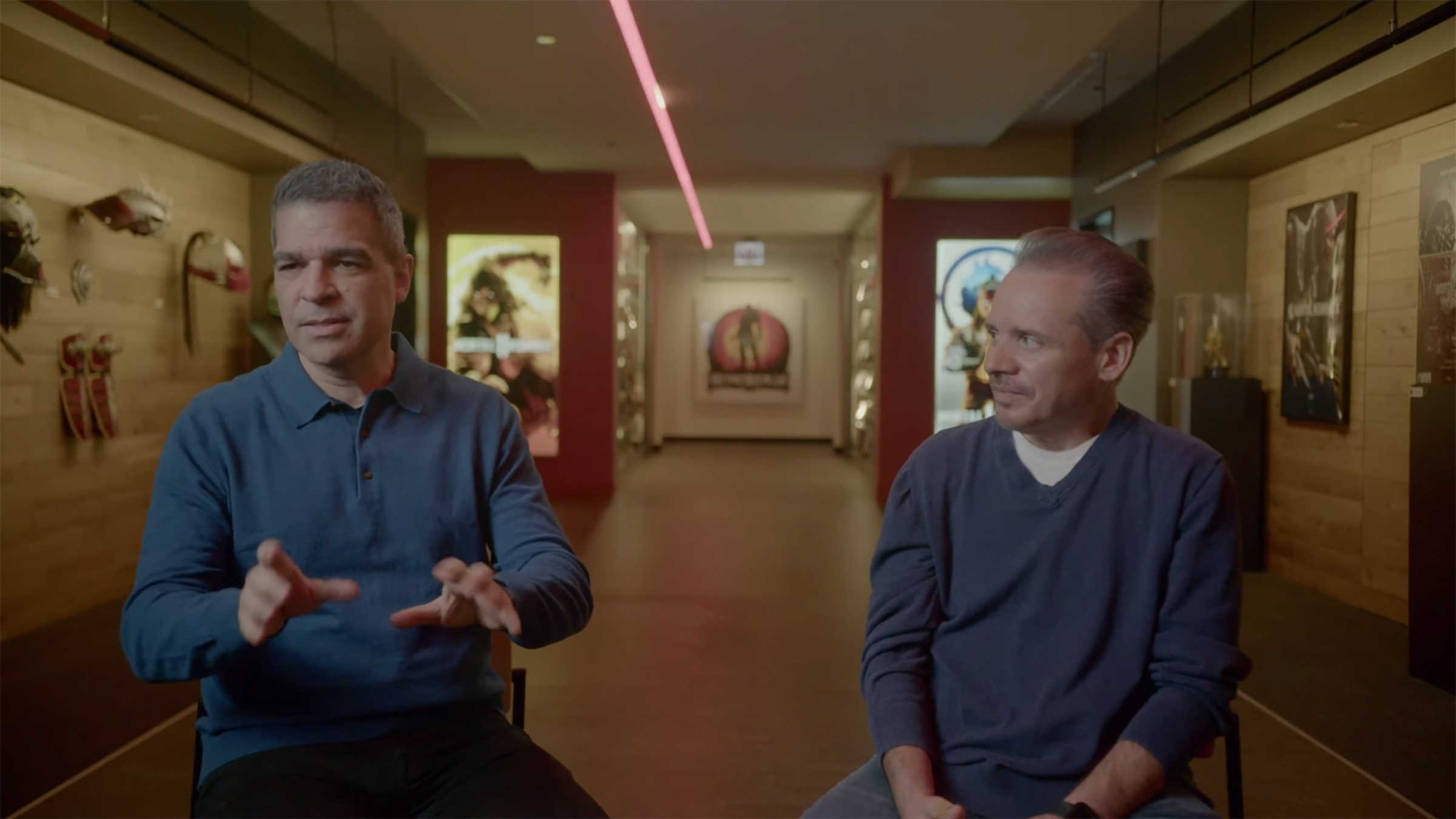
The value of this story isn’t just about being new; it’s the context and different viewpoints that make it special. While Boon is the most recognizable voice from the history of Mortal Kombat, he’s not alone in sharing memories. He’s joined by many key figures, each with their own unique perspective. These include co-creator John Tobias, pinball designer Eugene Jarvis, and Midway marketer Roger Sharpe. Experts like Patrick McCarron, co-founder of the popular Mortal Kombat forum TRMK, and media personality Jeff Gerstmann, a strong advocate for the game’s lore, add further insight and a fresh perspective on the topic.
Bringing together so many people to discuss the game gives the Legacy Kollection a sense of credibility that other Mortal Kombat histories lack. While the interviews are visually appealing and use footage effectively to emphasize key points – especially when comparing different versions of the game – it’s the collection of all these voices in one place that truly makes it special. The diverse perspectives also create smooth transitions and, often, amusing disagreements between interviewees. These direct contradictions are documentary gold, and they highlight how memories can change and become unreliable over time. This human element is what makes documentaries like this so engaging.
This documentary is remarkably thorough and insightful, especially in explaining the significance of Mortal Kombat. It uses an interactive timeline – a feature borrowed from other successful documentaries – to present events in order, with detailed sections covering important topics. The timeline starts well before the game was even conceived, brilliantly setting the stage for the world of Mortal Kombat. It highlights how Ed Boon’s experience with pinball and John Tobias’s desire to showcase his art led to the game’s initial concepts. The documentary also rightly acknowledges Warren Davis, the creator of Qbert, and his crucial role in developing the digitizing technology that Mortal Kombat* became known for – a contribution that’s often overlooked. It’s great to see this documentary give Davis and other early pioneers the recognition they deserve.
Mortal Kombat: Legacy Kollection Avoids Talking Too Critically About the Bad Entries
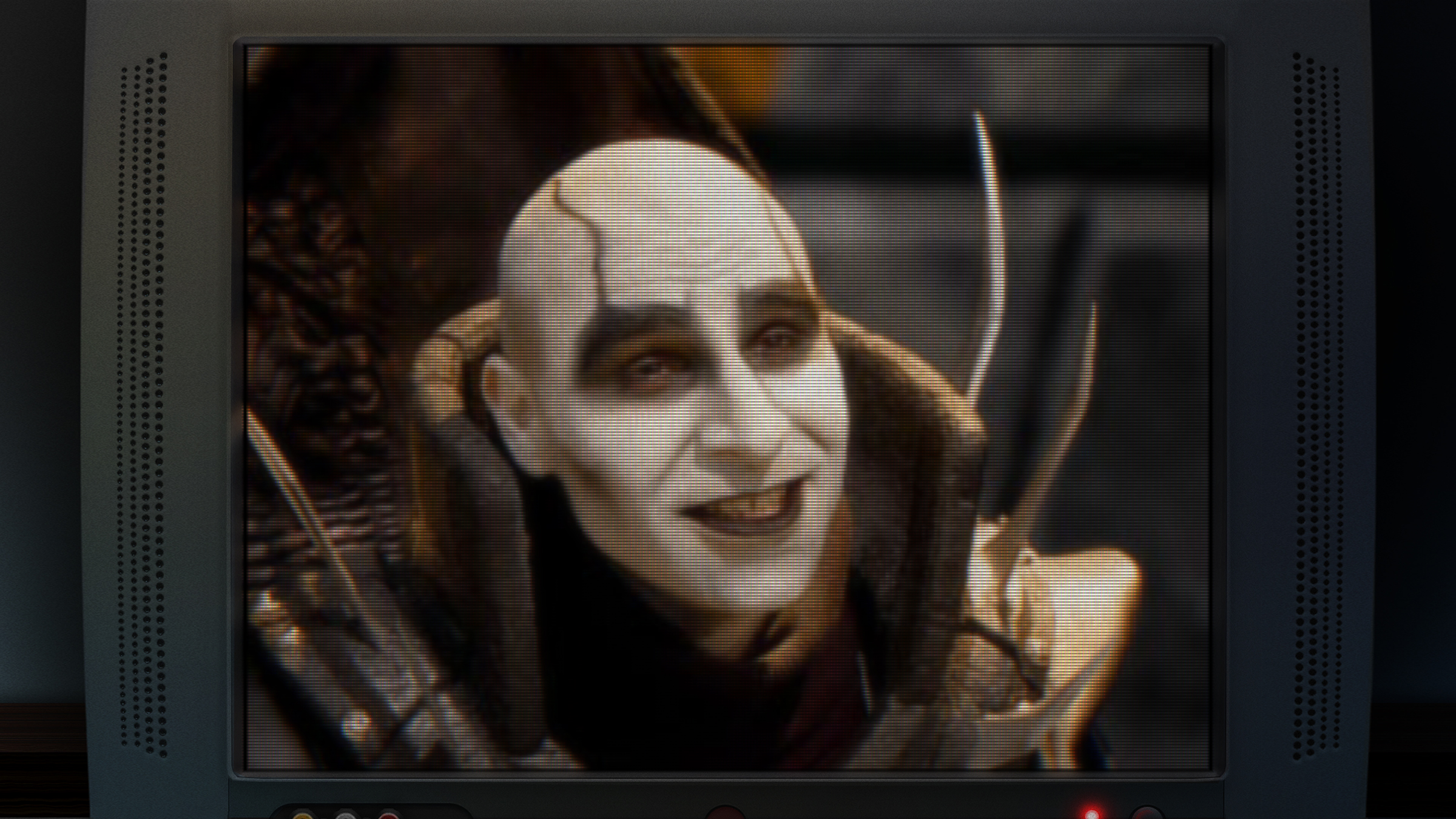
As the documentary progresses, it offers less and less in-depth information. The Legacy Kollection does a good job of explaining the different ways the games were released on home consoles and handheld devices, highlighting why those versions mattered. It includes insightful interviews with the people who did the porting work, details how the technology evolved over time, and covers related media like films, TV shows, and comics that came after the original 1992 game. While these extra areas are interesting, they aren’t as central to the initial excitement surrounding Mortal Kombat as the game itself, meaning the Legacy Kollection focuses most heavily on what people already know best.
It’s common for games to have at least one video explaining why they’re important, and for many, that’s enough. However, some notable games are overlooked. For instance, no one really discusses the WaveNet version of Ultimate Mortal Kombat 3 – a rare, online-enabled version once thought lost. Its rediscovery is a big deal, yet it only gets a brief mention in the game’s menu. Similarly, Mortal Kombat: Special Forces, which recently became more widely available after being a rare PlayStation exclusive, doesn’t have any dedicated videos about it either.
The lack of attention to Special Forces in the Legacy Kollection reveals a broader tendency to avoid addressing the weaker parts of Mortal Kombat history. While games like Mortal Kombat Mythologies: Sub-Zero and the original Game Boy version are considered low points, they’re often discussed without strong criticism. The collection doesn’t fully acknowledge how unpopular these games were, only hinting at it. Even worse, Mortal Kombat: Advance and Special Forces – both universally disliked – aren’t even mentioned beyond a quick appearance on the timeline.
The history of Special Forces is fascinating, especially considering how much it changed during development after a key team member, Tobias, left Midway. The documentary missed a chance to explore these changes fully by not digging deeper into what happened, which feels like a deliberate choice to avoid discussing difficult periods in Mortal Kombat‘s past. This approach makes the Legacy Kollection feel somewhat incomplete – it lacks the insightful honesty that could have come from a more open discussion. Given the decades that have passed and the series’ current success, those involved could have spoken more freely about the challenges faced during those less successful times. While it’s good to highlight Mortal Kombat‘s achievements, ignoring its failures creates an incomplete and less truthful portrayal of the franchise as a whole.
Mortal Kombat: Legacy Kollection‘s Quality-of-Life Features Are Incredibly Thoughtful
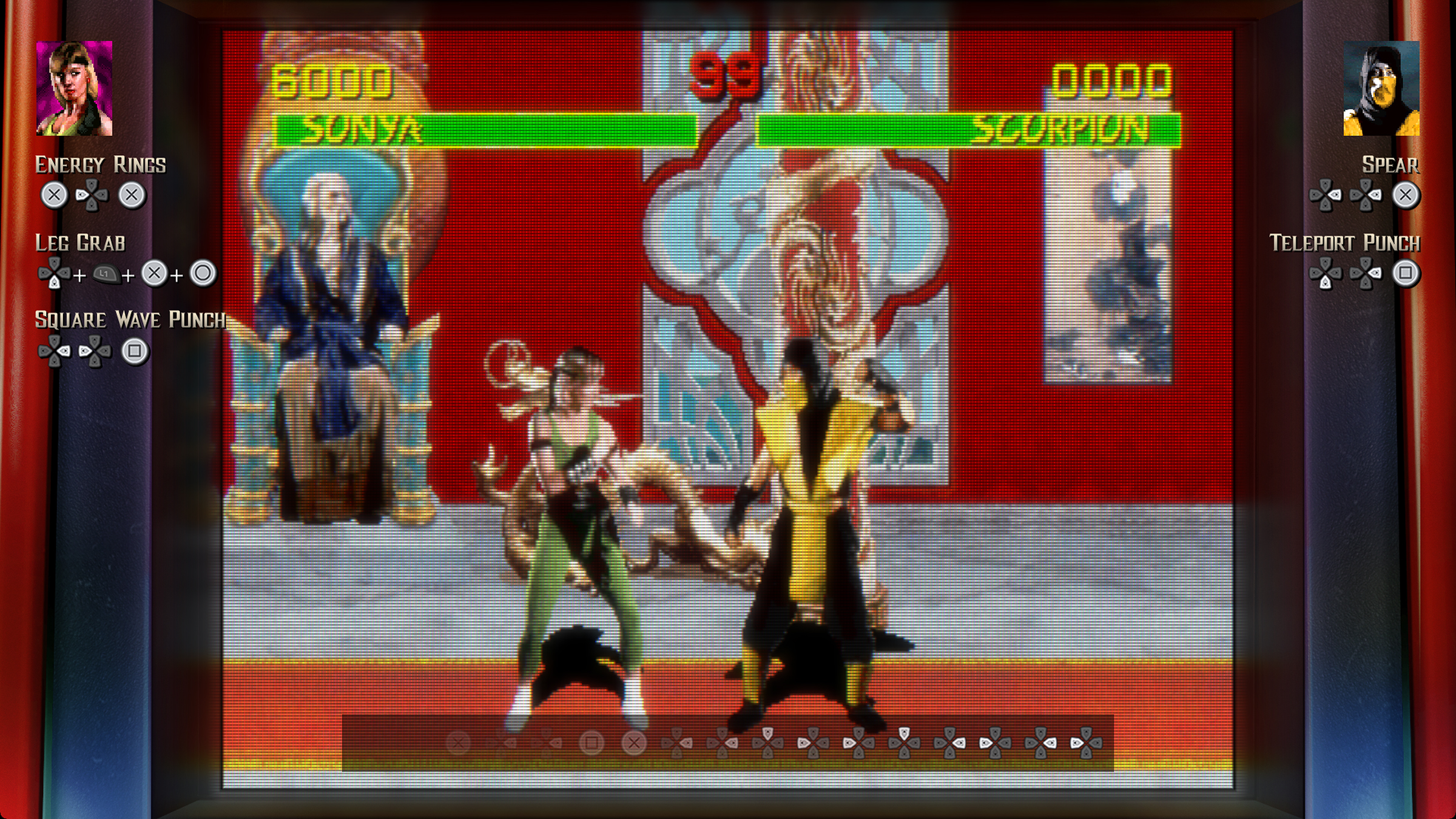
While some games aren’t explained in great detail, playing them after learning about their history helps you truly appreciate them. Knowing the background also makes it easier to compare different versions and notice what’s changed. Landing a well-timed uppercut still feels amazing and shows you why these games are special – a point the videos and old footage consistently emphasize.
Many of these games are incredibly frustrating, which isn’t surprising considering they were built to keep players spending money. Unfair challenges, like bosses that seem to read your mind or cheat, make even easy levels feel like a high-stakes tournament. Success often depends on finding exploits or just getting lucky, rather than skillful play. This is made even worse by poor quality ports and clunky controls, making the experience deeply unsatisfying.
Digital Eclipse has done a great job of modernizing these classic games. All 23 versions include helpful cheats – you can remove time limits, lower the difficulty, and more. Plus, a rewind feature and quick save function make even the older, more frustrating parts of the games much easier to handle. Features like practice modes, move tutorials, and the ability to display move lists on screen further improve the experience and help you learn the ropes, though finding regular attack combos can still be a little tricky.
The settings change depending on the game, and we’ve adjusted them carefully for each one. While some affect the difficulty, most make the hidden secrets in Mortal Kombat easier to find. You won’t have to rely on tricky tactics like repeatedly kicking low or winning without defending to unlock characters like Jade in MK2, and you don’t need to manually enter every code in UMK3. Now, you can simply turn these secrets on in the game’s menu. This is a good change because it lets players enjoy more of what makes the series special. Plus, with so much information available online, these secrets aren’t really surprises anymore, so there’s no point in keeping them hidden.
Mortal Kombat: Legacy Kollection‘s Online Multiplayer Is Embarrassingly Bare-Bones
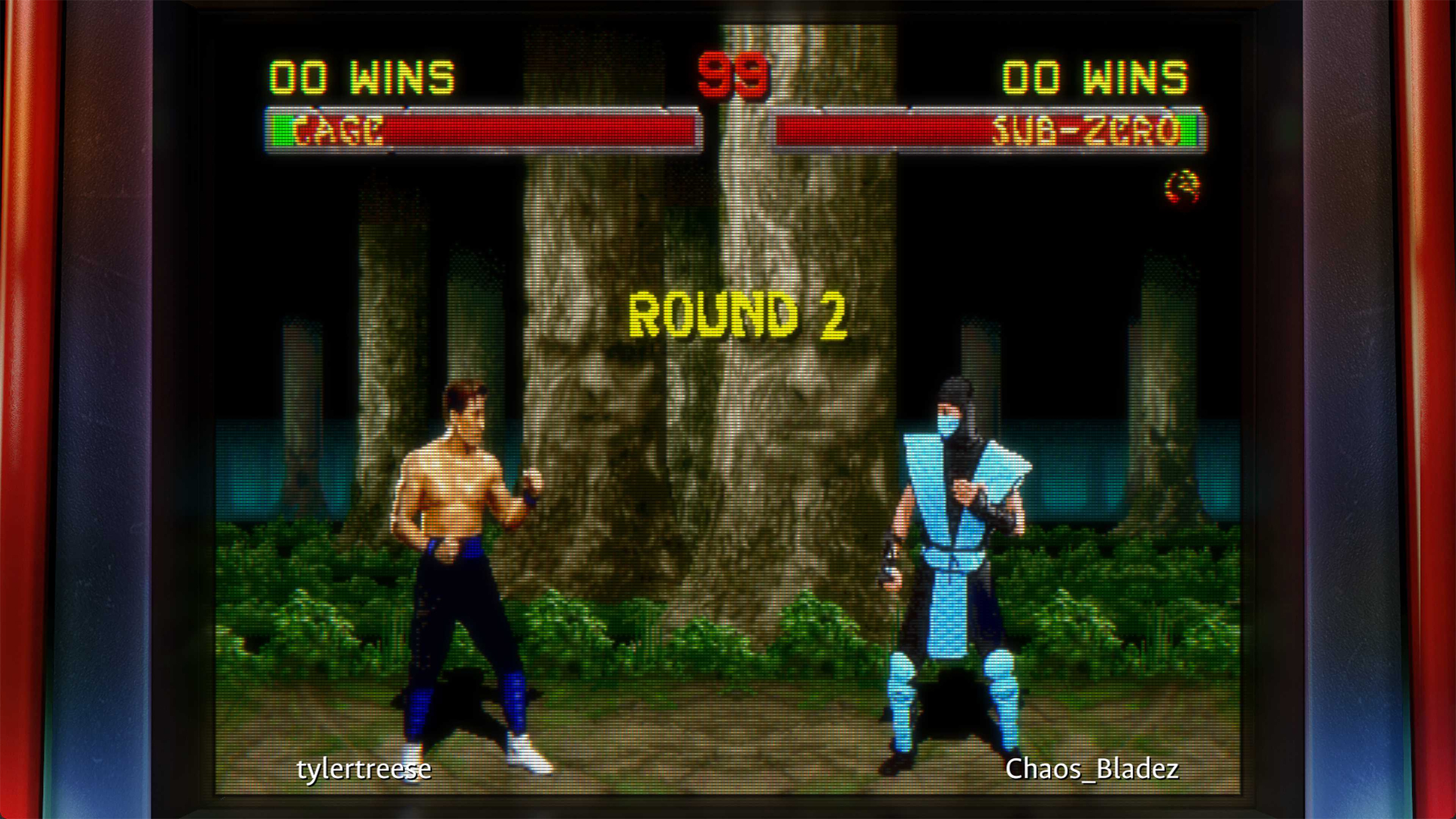
Multiplayer has always been a key part of these games, but the online experience in this collection isn’t great. Local multiplayer works well, but online play feels empty and has some issues. It’s missing features players expect, like lobbies, friend invites, crossplay, and ranked matches. There’s also no way to filter connections by WiFi. While some of those features—lobbies, invites, and crossplay—are planned for the future, the lack of a universal matchmaking system—one that would let players easily find games across all titles in the collection—is a real problem. These missing features really diminish the multiplayer experience, especially considering the rich history of multiplayer in these games. Combined with ongoing audio glitches, it’s clear Digital Eclipse still has a lot of work to do to make the online features of the Legacy Kollection fully functional.
Despite limited online features, the Mortal Kombat: Legacy Kollection is a fantastic and respectful celebration of a hugely influential game series. Digital Eclipse’s innovative timeline menu and well-made documentary videos provide a great overview of Mortal Kombat’s history and significance, leading into a simplified game that feels like an interactive museum. While the original games haven’t always aged gracefully due to simple AI, this collection includes numerous adjustments and options to make them as enjoyable as possible. It’s a little frustrating that the collection avoids discussing the series’ less successful moments, but overall, this is the detailed historical look Mortal Kombat deserves, and it sets the stage for a future exploration of its often-controversial 3D games.
We received a PlayStation 5 copy of Mortal Kombat: Legacy Kollection from the publisher to use for our review.
https://comicbook.com/gaming/feature/mortal-kombat-1-wb-games-support/embed/#
Read More
- How to Get the Bloodfeather Set in Enshrouded
- Every Targaryen Death in Game of Thrones, House of the Dragon & AKOTSK, Ranked
- The Best Members of the Flash Family
- Best Controller Settings for ARC Raiders
- 4 TV Shows To Watch While You Wait for Wednesday Season 3
- The Pitt Season 2, Episode 7 Recap: Abbot’s Return To PTMC Shakes Things Up
- Where Winds Meet: How To Defeat Shadow Puppeteer (Boss Guide)
- Duffer Brothers Discuss ‘Stranger Things’ Season 1 Vecna Theory
- Ultimate Spider-Man: Incursion #2 Is the Most Basic Crossover Chapter Imaginable
- James Gunn Teases the Future of the DCU After Netflix Purchase
2025-10-30 16:20